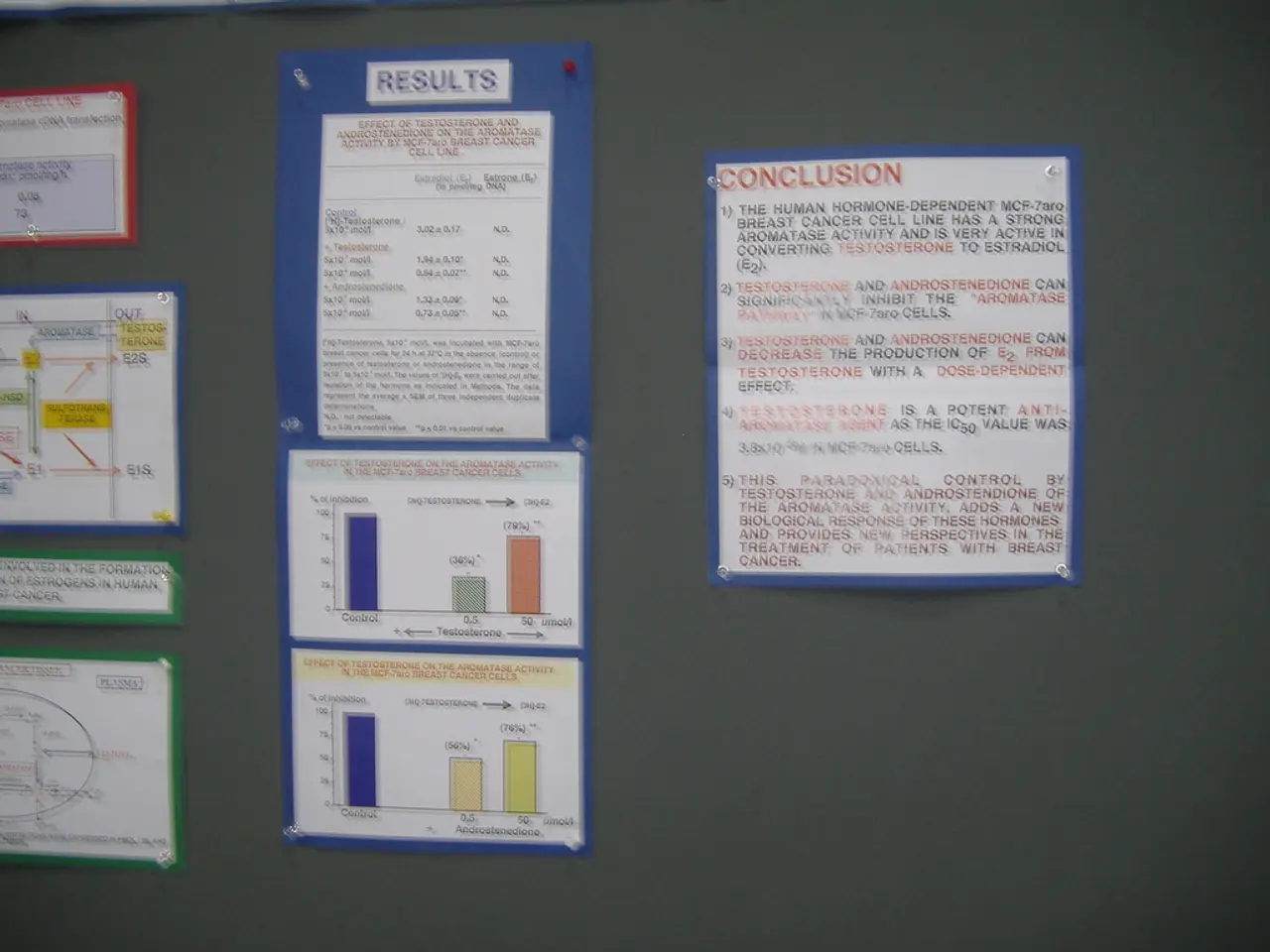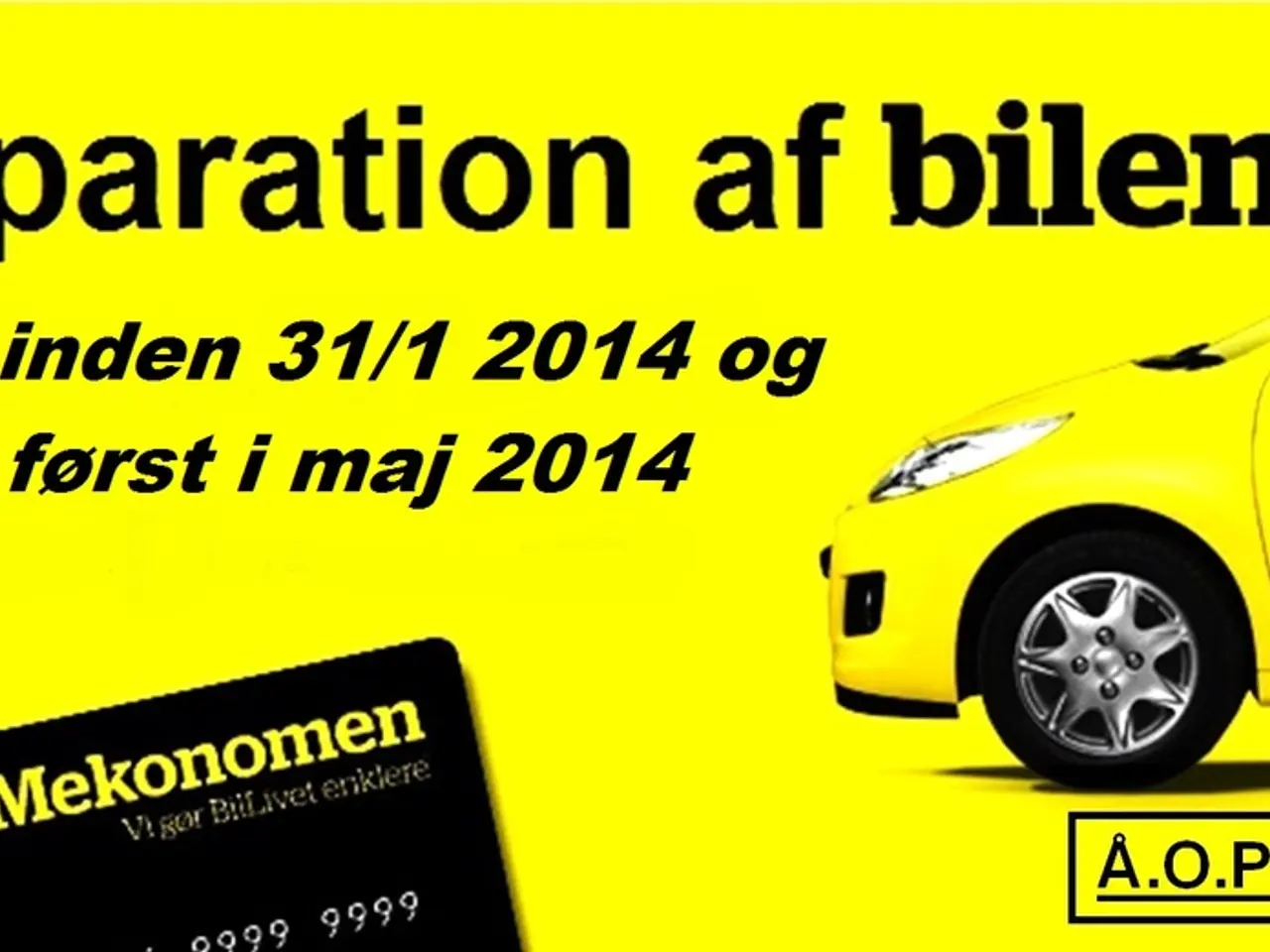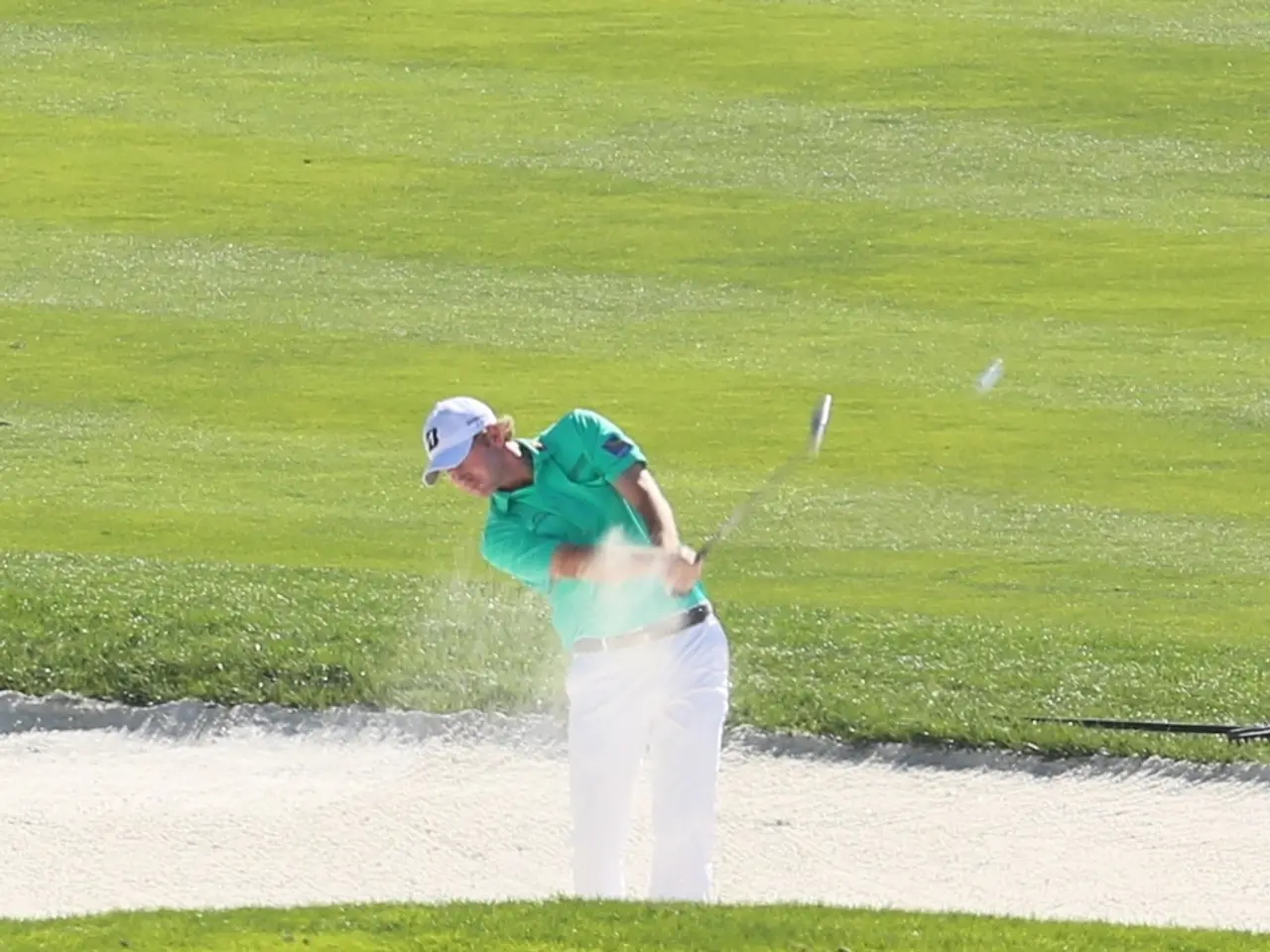Projected 40% Decrease in Auto Market by 2025 as Forecasted by S&P 500
In a bid to prevent a potential 40% collapse in domestic car sales by the end of 2025, the Russian government is actively developing support strategies for the automotive sector, which has been under severe pressure due to financial constraints such as high interest rates and shrinking access to consumer credit.
Industry Minister Anton Alikhanov highlighted that the ministry is working on steps to stabilise the automotive sector, which has seen a decrease in car sales and production in recent months. Key factors contributing to the decline include soaring interest rates, reduced credit availability, and overall economic pressures. The Central Bank of Russia raised its key rate to 21%, making car loans significantly more expensive, while the shrinking credit availability has further depressed demand.
To address these issues, the government's focus is on providing urgent financial support and incentives to the automotive industry to sustain production levels and avoid bankruptcies. The government also aims to facilitate access to affordable car lending and credit programs to boost consumer purchasing power. Additionally, broader economic interventions may be considered to stabilise the market and preserve Russia's car manufacturing base, such as support to key players like the state-owned Avtovaz.
The current sales data reflect the ongoing crisis, with new car and light commercial vehicle sales down by approximately 27-29% in the first half of 2025 compared to last year. The Association of Russian Automobile Dealers (ROAD) recently appealed to the Russian government for industry support due to a sharp decline in sales of transport vehicles.
To support families with children, the "Family Car" subprogram now offers a 10% discount on the cost of the car, while Minpromtorg expanded the program of preferential car loans for families with two or more children in May 2025.
The car market is expected to see a significant drop of 28%, but Minpromtorg aims to prevent a planned 40% drop. Mirrors are the most commonly stolen car parts in Russia, with car parts theft experiencing a renaissance in Russia. According to DK.RU, up to 30% of taxi parks in Russia could close by 2026.
Last year, 1.57 million new passenger cars were sold in Russia, representing a +48% increase compared to 2023. Despite the recent decline, the Russian government remains committed to stabilising the automotive sector and preventing a catastrophic drop in car sales.
- The Russian government is concentrating on providing immediate financial support and incentives to the automotive industry, as the sector faces declining car sales and production due to financial constraints and economic pressures.
- To boost consumer purchasing power and improve access to affordable car lending, the government aims to facilitate car credit programs within the automotive industry.
- In a bid to prevent a catastrophic drop in car sales, the Russian government is working to address issues such as soaring interest rates, reduced credit availability, and car parts theft, while also offering a 10% discount on cars through the "Family Car" subprogram and expanding preferential car loans for families with multiple children.





